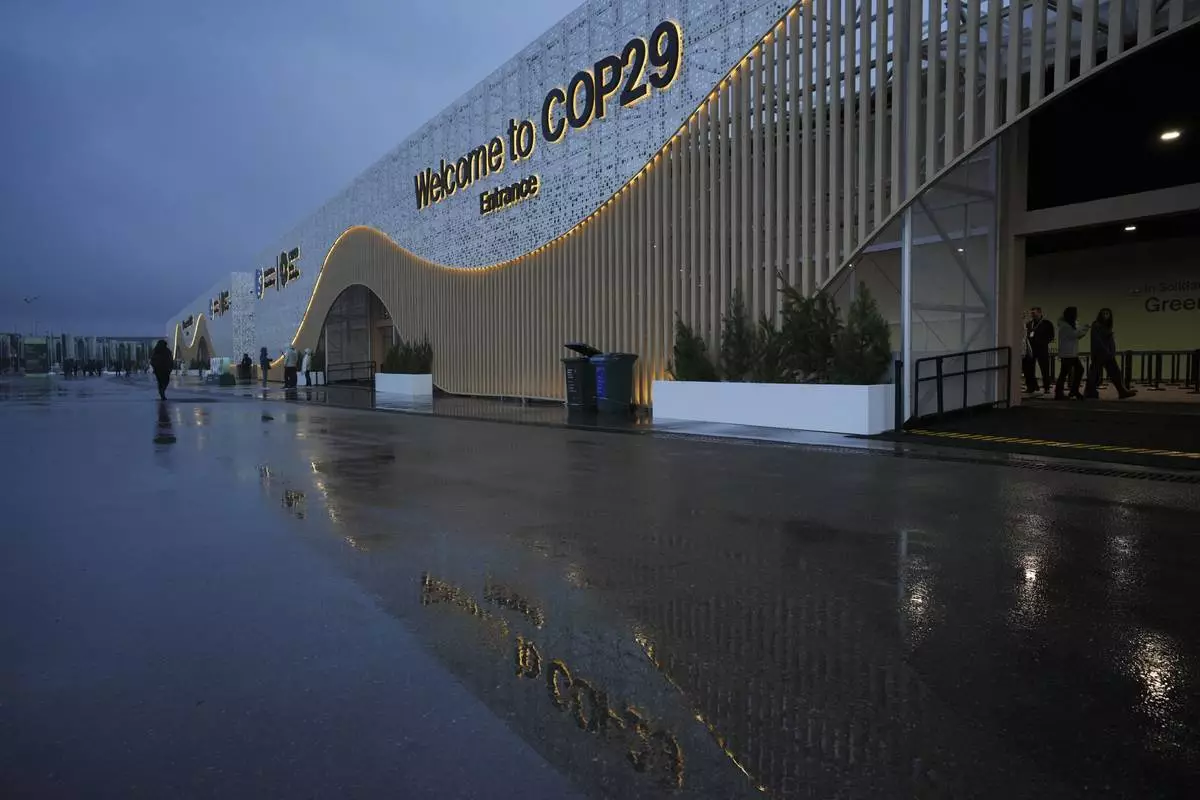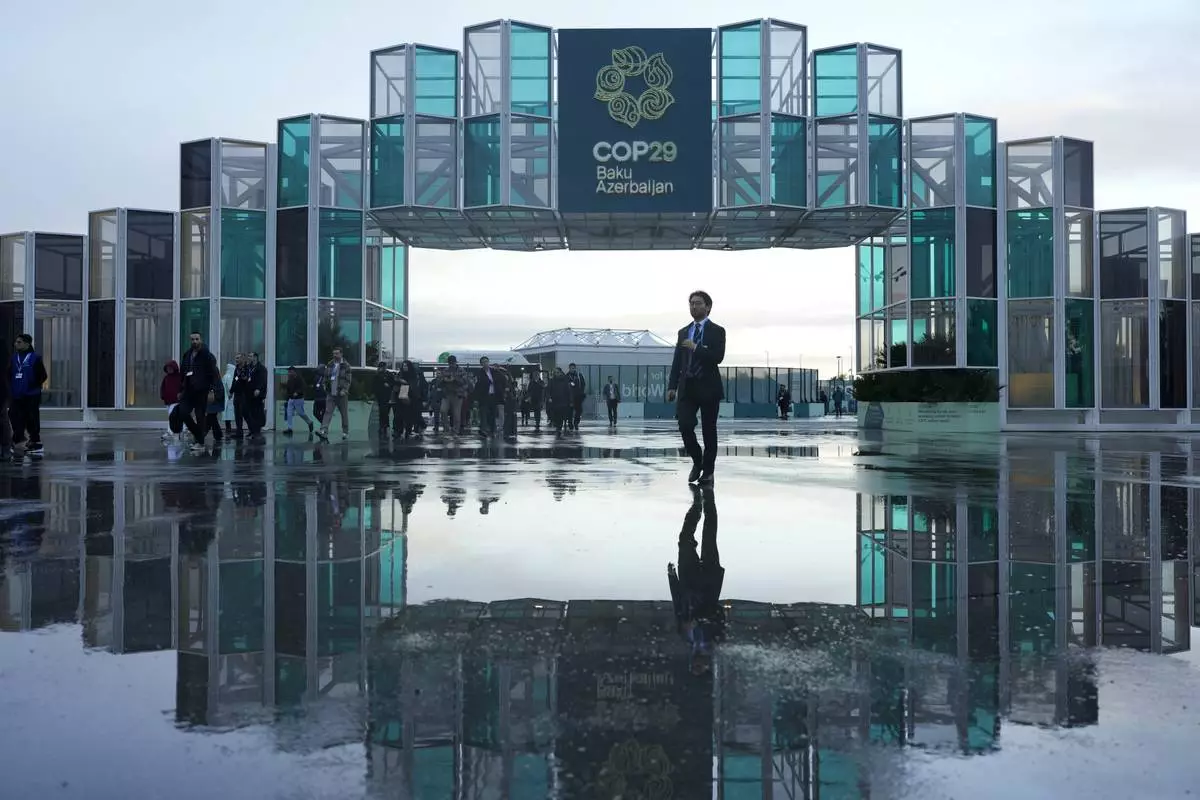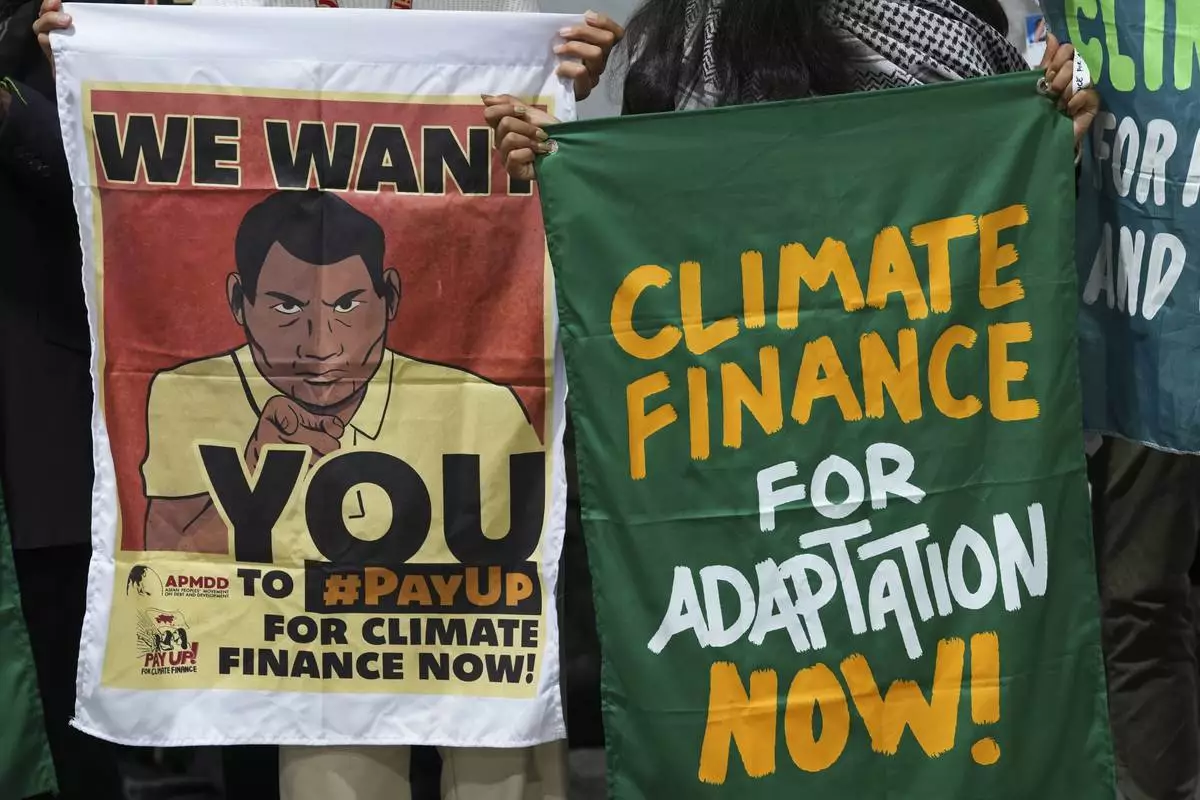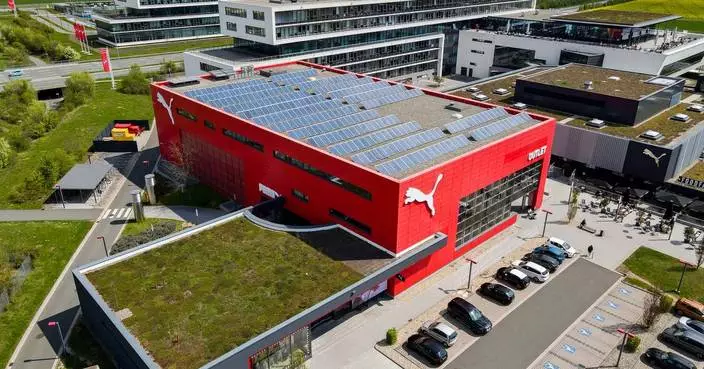BATH, England--(BUSINESS WIRE)--Nov 14, 2024--
UK startup Naturbeads has secured a series A funding round to further develop its pioneering technology that addresses worldwide microplastic pollution. Founded in 2018 as a spinout from the University of Bath, Naturbeads is now scaling its innovative cellulose microsphere technology developed by the company’s co-founders, CTO Professor Davide Mattia, CEO Giovanna Laudisio, and the late Professor Janet Scott.
This press release features multimedia. View the full release here: https://www.businesswire.com/news/home/20241114197195/en/
Microplastics - plastic particles which are less than five millimetres in size - persist in the environment for hundreds of years, contributing to pollution in waterways, marine ecosystems, oceans, and soil. They have been detected in over 1,300 marine species, are embedded in the food chain, and have raised serious concerns about their impact on ecosystems and human health. An estimated 2 million tonnes of microplastics are added each year to everyday products from cosmetics to detergents, adhesives, paints, and many more.
EU regulations to ban the use of micro plastics in cosmetics and other products were published in October 2023, with a view to phasing out rinse-off products like shampoos and face washes by 2027, followed by the phase out of further personal and home care products, and agricultural products including fertiliser.
Naturbeads CEO and co-founder Dr Giovanna Laudisio said: “Microplastics have been found at the top of Arctic mountains and in the depths of the Mariana Trench, with a recent study forecasting that microplastic pollution could more than double over the next decade. Our differentiator from other companies who are trying to solve challenges around plastic packaging, is that we are one of few that is solely focused on the plastic found within daily products, and producing an eco-friendly, scalable alternative.”
St Andrews based Eos Advisory led the £7.8 million series A round alongside existing investor Progress Tech Transfer, and new investors CDP Venture Capital through its Corporate Partners I Fund, PI-NB, and Paragon Capital Management in Singapore through its early-stage VC fund, Paragon Ventures I. Naturbeads is set to build its first production plant in Puglia, Italy, and the funding will enable the company to significantly increase its production capacity to meet the growing demand for sustainable ingredients from multiple industries.
Andrew Durkie, Partner, Eos, said: “Giovanna and her team are tackling one of the most urgent environmental challenges of our time, and we look forward to supporting Naturbeads through its next, exciting phase of commercialisation.”
Alberto Calvo, Managing Director, Progress Tech Transfer, added: “The leadership team has bold ambitions in coming up with an industrial-grade solution to tackle microplastic pollution in a variety of different applications, with a platform-technology that is delivering high technical performance with a fully circular approach.”
“Naturbeads represents an excellent example of how a project born in the laboratory can evolve to large-scale industrial production, attracting international investment - and we are delighted that they have chosen to create a new production plant in Puglia”, says Agostino Scornajenchi, Managing Director and General Manager of CDP Venture Capital.
Naturbeads is already collaborating with a number of global manufacturers to integrate its cellulose microsphere ingredients into various industrial applications, demonstrating that their microspheres break down naturally without compromising product performance, and expects to announce its first commercial milestones during 2025.
For more information on Naturbeads: https://www.naturbeads.com/


The Naturbeads team at the UK startup's headquarters in Bath. Naturbeads has secured a series A funding round to further develop its pioneering technology that addresses worldwide microplastic pollution. (Photo: Business Wire)
BAKU, Azerbaijan (AP) — For the third straight year, efforts to fight climate change haven't lowered projections for how hot the world is likely to get — even as countries gather for another round of talks to curb warming, according to an analysis Thursday.
At the United Nations climate talks, hosted in Baku, Azerbaijan, nations are trying to set new targets to cut emissions of heat-trapping gases and figure out how much rich nations will pay to help the world with that task.
But Earth remains on a path to be 2.7 degrees Celsius (4.9 degrees Fahrenheit) warmer than pre-industrial times, according to Climate Action Tracker, a group of scientists and analysts who study government policies and translate that into projections of warming. Recent developments in China and the United States are likely to slightly worsen the outlook.
If emissions are still rising and temperature projections are no longer dropping, people should wonder if the United Nations climate negotiations — known as COP — are doing any good, said Climate Analytics CEO Bill Hare.
“There’s an awful lot going on that’s positive here, but on the big picture of actually getting stuff done to reduce emissions ... to me it feels broken,” Hare said.
The world has already warmed 1.3 degrees Celsius (2.3 Fahrenheit) above pre-industrial times. That's near the 1.5-degree (2.7 F) limit that countries agreed to at 2015 climate talks in Paris. Climate scientists say the atmospheric warming, mainly from human burning of fossil fuels, is causing ever more extreme and damaging weather including droughts, flooding and dangerous heat.
Climate Action Tracker does projections under several different scenarios, and in some cases, those are going up slightly.
One projected track based on what countries promise to do by 2030 is up to 2.6 degrees Celsius, a tenth of a degree warmer than before. And even the analysts' most optimistic scenario, which assumes that countries all deliver on their promises and targets, is at 1.9 Celsius, also up a tenth of a degree from last year, said study lead author Sofia Gonzales-Zuniga of Climate Analytics, one of the main groups behind the tracker.
“This is driven highly by China,” Gonzales-Zuniga said. Even though China's fast-rising emissions are starting to plateau, they are peaking higher than anticipated, she said.
Another upcoming factor not yet in the calculations is the U.S. elections. A Trump administration that rolls back the climate policies in the Inflation Reduction Act, and carries out the conservative blueprint Project 2025, would add 0.04 degree Celsius (0.07 Fahrenheit) to warming projections, Gonzales-Zuniga said. That's not much, but it could be more if other nations use it as an excuse to do less, she said. And a reduction in American financial aid could also reverberate even more in future temperature outlooks.
“For the U.S. it is going backwards,” said Hare. At least China has more of an optimistic future with a potential giant plunge in future emissions, he said.
“We should already be seeing (global) emissions going down" and they are not, Hare said. “In the face of all of the climate disasters we’ve observed, whether it’s the massive floods in Nepal that killed hundreds of people or whether it’s the floods in Valencia, Spain, that just killed hundreds of people. The political system, politicians are not reacting. And I think that’s something that people everywhere should be worried about.”
The major battle in Baku is over how much rich nations will help poor countries to decarbonize their energy systems, cope with future harms of climate change and pay for damage from warming's extreme weather. The old goal of $100 billion a year in aid is expiring and Baku's main focus is coming up with a new, bigger figure.
A special independent group of experts commissioned by United Nations Secretary-General Antonio Guterres issued its own estimate of costs and finances on Thursday, calling for a tripling of the old commitment.
“Advanced economies need to demonstrate a credible commitment” to helping poor nations, the report said.
A coalition of poor nations at the Baku talks are asking for $1.3 trillion in annual climate finance. The independent experts' report said about $1 trillion a year is needed by developing nations from all outside sources, not just government grants.
Negotiators are still working out how much money will be on the table for the final deal, but indications late Wednesday suggested many options were still on the table.
The report detailed how expensive decarbonizing the world's economy would be, how much it would cost and where the money could come from. Overall climate adaption spending for all countries is projected to reach $2.4 trillion a year.
It’s personal for many activists from the countries experiencing the worst and most immediate impacts of climate change, like Sandra Leticia Guzman Luna, who is from Mexico and is the director of the climate finance group for Latin America and the Caribbean. “We are observing the climate impacts causing a lot of costs, not only economic costs but also human losses,” she said.
“I’m from one of the countries that needs to pay up and is historically responsible,” said Bianca Castro, a climate activist from Portugal. “Year after year, we come to COP and we are heartbroken with what doesn’t happen but we know needs to happen.”
The Associated Press’ climate and environmental coverage receives financial support from multiple private foundations. AP is solely responsible for all content. Find AP’s standards for working with philanthropies, a list of supporters and funded coverage areas at AP.org.

Attendees arrive for the day at the COP29 U.N. Climate Summit, Thursday, Nov. 14, 2024, in Baku, Azerbaijan. (AP Photo/Peter Dejong)

Activists participate in a demonstration calling for climate finance during the COP29 U.N. Climate Summit, Thursday, Nov. 14, 2024, in Baku, Azerbaijan. (AP Photo/Peter Dejong)

Activists with signs spell out "pay up" for climate finance in the Baku Olympic Stadium during the COP29 U.N. Climate Summit, Thursday, Nov. 14, 2024, in Baku, Azerbaijan. (AP Photo/Sergei Grits)

Attendees arrive for the day at the COP29 U.N. Climate Summit, Thursday, Nov. 14, 2024, in Baku, Azerbaijan. (AP Photo/Rafiq Maqbool)

Activists participate in a demonstration for climate finance at the COP29 U.N. Climate Summit, Thursday, Nov. 14, 2024, in Baku, Azerbaijan. (AP Photo/Peter Dejong)
















